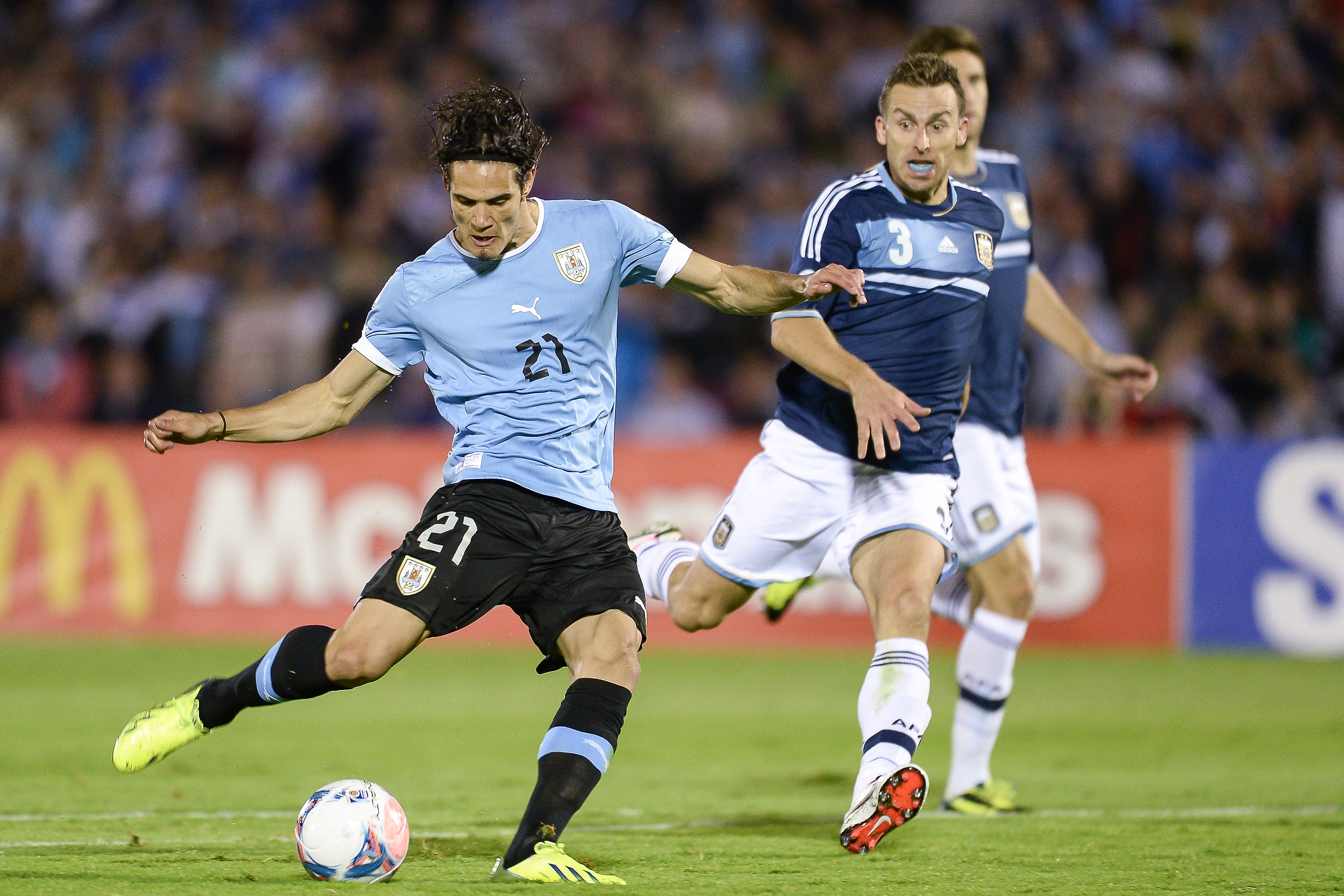It’s official now: South American soccer powerhouses Argentina and Uruguay will jointly bid to co-host the 2030 FIFA World Cup, with an official presentation to follow in the next week. The River Plate cooperation is rooted in sentiment, but ultimately doomed to fail.
There is historical logic to the bid. South America has a long and intricate love story with the World Cup. In 1930, Uruguay hosted the inaugural edition of the tournament. It was a tale of long boat trips and exhausted European participants. The hosts had won the amateur Olympic soccer tournaments at both the 1924 Paris Olympic Games and the 1928 Amsterdam Olympic Games, and further affirmed their status as first kings of the global game with a 4-2 victory in the final against neighbors Argentina.
Uruguay’s dominance highlighted South America’s importance to the global game, with significant improvements in playing standards. In the 1940’s Brazilian soccer would begin to blossom as a World War once more paralyzed Europe and large parts of the northern hemisphere.
Back in 1930, Uruguay welcomed the world–or rather thirteen participants–to Montevideo, the single host city. The Estadio Centenario, Estadio Gran Parque Centra, and Estadio Pocitos formed the backdrop to the tournament’s matches. It was a time and age without broadcast requirements, hospitality boxes, and major nationwide investments.
The idea of another month-long soccer festival on South American soil is both appealing and problematic. Brazil hosted the last World Cup and the Rio 2016 Olympic Games, but poor planning and inflated budgets caused ‘white elephants’ and deficits in government spending. The leadership of Uruguay and Argentina may face questions about spending billions on soccer stadiums and other related infrastructure that might well be better spent elsewhere. For FIFA though, the Brazil World Cup was the most profitable edition to date.
The concept of a joint-bid is also shaky. It is not simply about providing the stadia, the airports, the hotels, the transport infrastructure, broadcast facilities, and other demands that go with the hosting the World Cup. The South American joint-bid seems to lack political clout, or at least there is lack of appetite in political circles for the idea. Where is the marketplace in Uruguay and Argentina?
The United States, Canada, and Mexico have a virtual guarantee to host the 2026 World Cup. Former FIFA secretary-general Jerome Valcke tied up a lucrative TV deal with Fox to appease the US over their defeat by Qatar in the 2022 hosting race.
So who will get the World Cup in 2030? Uruguay and Argentina’s sentiment to celebrate the centenary of the tournament in one of the traditional heartlands of the game is praiseworthy, but in reality slightly foolish. FIFA may also loosen its rotation policy for the 2030 World Cup, allowing China to aggressively pursue its ambition of staging the quadrennial high mass of the game (currently, World Cups can’t be in the same continent twice in a three-Cup period).
Chinese president Xi Jinping listed three ambitions related to soccer: to qualify for the World Cup, to host international soccer’s biggest jamboree and, ultimately, to win it. Sporting success may be somewhat utopian, but staging the World Cup is not. Xi’s Greek dreams speak of a larger narrative of Chinese nation-building.
Soccer is a reflection of the president’s profound insecurities that, notwithstanding the republic’s great strides forward, China remains a B-list power, shunned for its many peculiarities and deemed unfit to join an elite club of countries that matter. For Xi, soccer is a soft-power tool to mitigate the nagging fear that China’s quest for hegemony might never materialize.
The Chinese companies invested heavily in FIFA as Western sponsors have shunned soccer’s governing body over corruption scandals. Smartphone maker Vivo signed a deal worth €400 million to follow in the footsteps of real estate and leisure conglomerate Wanda and consumer electronics brand Hisense. It’s all part of the Chinese lobby to bring the World Cup to the Celestial Empire.
Uruguay and Argentina don’t have the same pull and leverage at FIFA HQ as the Chinese, and don’t even get started on the Europeans. On the eve of the Champions League final in Cardiff, UEFA president Aleksander Ceferin emphasized sharply that his continent may also bid. France, Germany, Italy, and England could all host the 48-team tournament with no problems. The prospect of a formidable Chinese bid and UEFA throwing its weight behind a European candidate will leave the South American venture with little chance of success.
